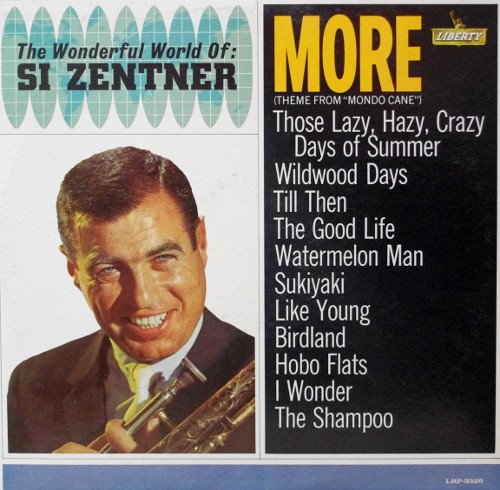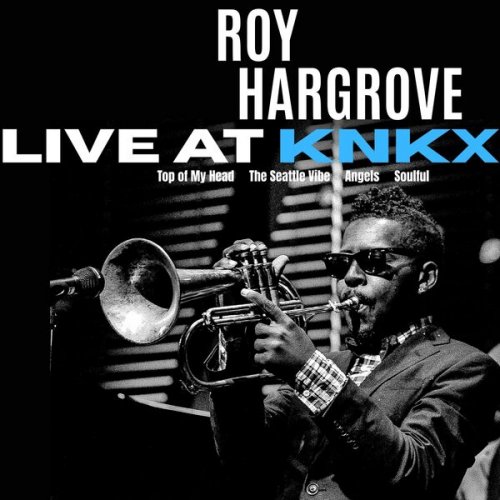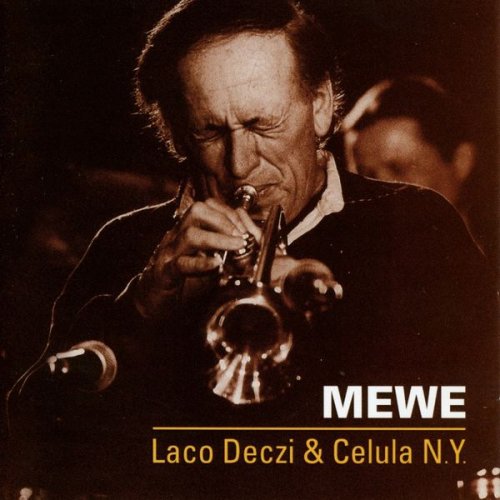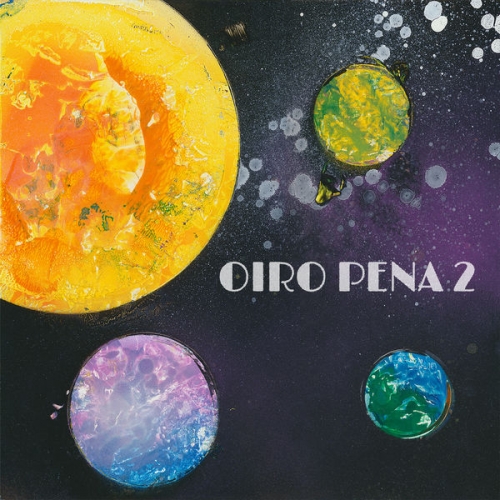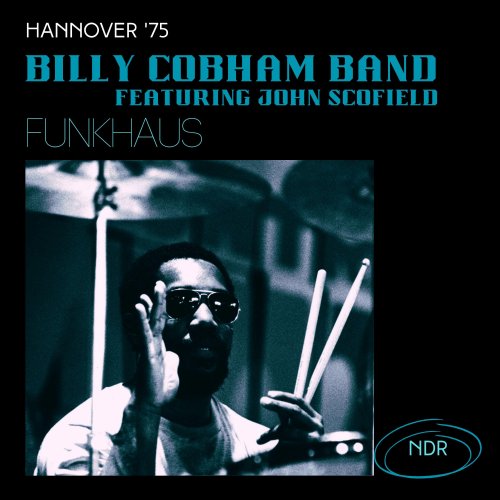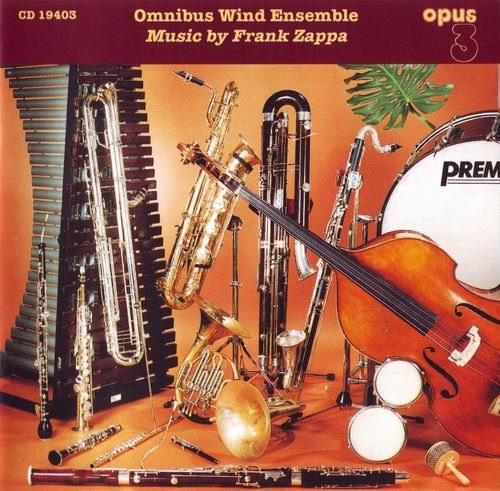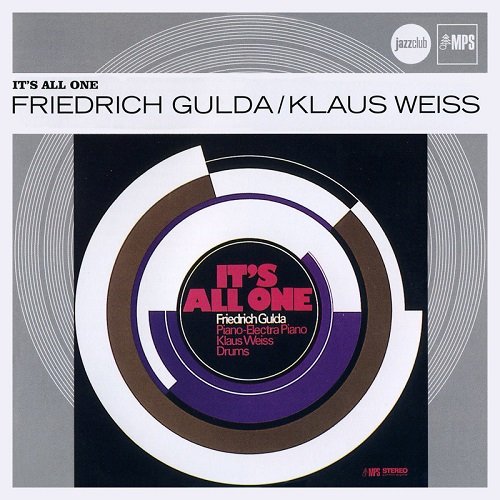Evgeny Kissin - Beethoven: Complete Piano Concertos (2009)
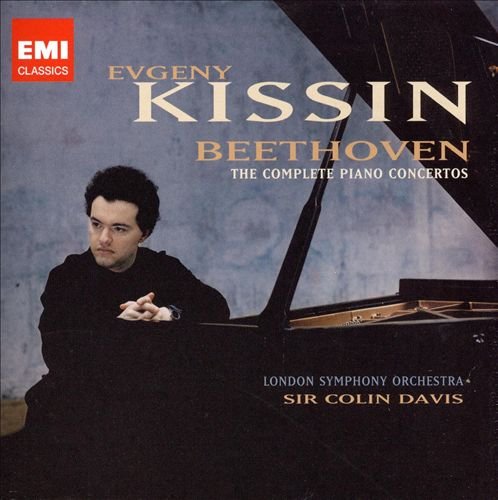
Artist: Evgeny Kissin
Title: Beethoven: Complete Piano Concertos (2009)
Year Of Release: 2009
Label: EMI Classics
Genre: Classical
Quality: APE (image+.cue,log,scans)
Total Time: 02:58:48
Total Size: 788 Mb
WebSite: Album Preview
Tracklist: Title: Beethoven: Complete Piano Concertos (2009)
Year Of Release: 2009
Label: EMI Classics
Genre: Classical
Quality: APE (image+.cue,log,scans)
Total Time: 02:58:48
Total Size: 788 Mb
WebSite: Album Preview
CD1
Piano Concerto 1 C major op 15
1. Allegro con brio
2. Largo
3. Rondo. Allegro scherzando
Piano Concerto 2 B flat major op 19
1. Allegro con brio
2. Adagio
3. Rondo. Molto allegro
CD2
Piano Concerto 3 C minor op 37
4. Allegro con brio
5. Largo
6. Rondo (Allegro)
Piano Concerto 4 G major op 58
4. Allegro moderato
5. Andante con moto
6. Rondo (Vivace)
CD3
Piano Concerto 5 E flat major op 73
1. Allegro
2. Adagio un poco mosso
3. Rondo (Allegro)
Performers:
Evgeny Kissin - piano
London Symphony Orchestra
Conductor: Sir Colin Davis
It has been clear for some time that Evgeny Kissin is a Beethoven player of rare pedigree and distinction, the finest Russian-born Beethovenian since Emil Gilels. Twelve years ago he recorded the Second and Fifth concertos in performances of flair and élan with the Philharmonia under James Levine (Sony, 9/97 – nla). His own playing was vital and fluent, the technique awesome, not least his ability to refine tone and taper dynamics in those high-lying passages where Beethoven’s expressive powers are at their most rarefied.
The new recordings were made last autumn at Abbey Road, where Gilels made his own memorable recordings of the Fourth and Fifth concertos in 1957 (Testament, 4/97). Not a vast amount has changed these past 50 years, though it must be said that the piano sound on the new recording is a thing of quite exceptional beauty, well forward though not unpleasingly so. I had, and still have, doubts about the handling of the difficult-to-judge orchestral ritornelli that launch the three earliest concertos. The playing has a slightly sullen feel to it, set back on its heels rhythmically, that Kissin’s arrival decisively transforms. Was there at the outset a gap in expectation between the orchestra and its soloist, the bright boy at the front of the class whose hand is always in the air? If so, it quickly dissolves as the real music-making gets under way.
Nowadays Sir Colin is more in love with the music’s lyric aspect, audibly so at times. The unfurling of the strings’ rapt eight-bar rejoinder to the piano’s opening statement in the Fourth Concerto can rarely have been more memorably realised (the reach for the accented C major chord in bar 10 is a thing of wonder). After such an opening, Kissin has every right to spend the next 20 minutes contemplating the heavens in his own uniquely affecting way, ably abetted by his attentive accompanists.
Despite Davis’s slowish tempo, Kissin announces himself in the Second Concerto with playing of great brilliance and vernal loveliness. The entire performance is a success, not least the finale where Kissin throws down the gauntlet to the orchestra with a driving molto allegro that sets up to perfection a typically Beethovenian jest in which high seriousness is made to crook its knee to the life-affirming power of play.
Kissin also sets a cracking pace in the Rondo of the rather grander First Concerto, though I would question whether this a true allegro scherzando. Beethoven loved to shock but after a slowish albeit beautifully articulated opening movement (where Kissin aptly and intriguingly uses Beethoven’s shorter second cadenza) and a sublime account of the Largo, this rabid assault on the finale rather unbalances the whole.There is no such lack of balance in the Third Concerto on which many a pianist-conductor combination has come to grief. Once past that rather dourly played ritornello, Kissin and Davis realise the concerto as well as some and better than many.
We know from their earlier recordings how fine both soloist and conductor are in the Emperor Concerto and this new version does not disappoint. Kissin’s realisation of the big opening cadenza is broadly phrased in the Russian manner, subtler and less extreme than Pletnev in his recent recording (DG, 6/08). As in the Fourth Concerto, the agogic freedom Kissin allows himself in moments of visionary meditation is underwritten both by the orchestra and his own capacity to return swiftly and pointedly to the tempo primo.
A sterner producer might have persuaded Davis to provide a grunt-free start to the string recitative that begins the slow movement of the Fourth Concerto. The exchanges, stilted at first, shed self-consciousness as the dialogue evolves and quietens. And the finale is a delight, the scherzando and visionary elements held in perfect balance.
The new recordings were made last autumn at Abbey Road, where Gilels made his own memorable recordings of the Fourth and Fifth concertos in 1957 (Testament, 4/97). Not a vast amount has changed these past 50 years, though it must be said that the piano sound on the new recording is a thing of quite exceptional beauty, well forward though not unpleasingly so. I had, and still have, doubts about the handling of the difficult-to-judge orchestral ritornelli that launch the three earliest concertos. The playing has a slightly sullen feel to it, set back on its heels rhythmically, that Kissin’s arrival decisively transforms. Was there at the outset a gap in expectation between the orchestra and its soloist, the bright boy at the front of the class whose hand is always in the air? If so, it quickly dissolves as the real music-making gets under way.
Nowadays Sir Colin is more in love with the music’s lyric aspect, audibly so at times. The unfurling of the strings’ rapt eight-bar rejoinder to the piano’s opening statement in the Fourth Concerto can rarely have been more memorably realised (the reach for the accented C major chord in bar 10 is a thing of wonder). After such an opening, Kissin has every right to spend the next 20 minutes contemplating the heavens in his own uniquely affecting way, ably abetted by his attentive accompanists.
Despite Davis’s slowish tempo, Kissin announces himself in the Second Concerto with playing of great brilliance and vernal loveliness. The entire performance is a success, not least the finale where Kissin throws down the gauntlet to the orchestra with a driving molto allegro that sets up to perfection a typically Beethovenian jest in which high seriousness is made to crook its knee to the life-affirming power of play.
Kissin also sets a cracking pace in the Rondo of the rather grander First Concerto, though I would question whether this a true allegro scherzando. Beethoven loved to shock but after a slowish albeit beautifully articulated opening movement (where Kissin aptly and intriguingly uses Beethoven’s shorter second cadenza) and a sublime account of the Largo, this rabid assault on the finale rather unbalances the whole.There is no such lack of balance in the Third Concerto on which many a pianist-conductor combination has come to grief. Once past that rather dourly played ritornello, Kissin and Davis realise the concerto as well as some and better than many.
We know from their earlier recordings how fine both soloist and conductor are in the Emperor Concerto and this new version does not disappoint. Kissin’s realisation of the big opening cadenza is broadly phrased in the Russian manner, subtler and less extreme than Pletnev in his recent recording (DG, 6/08). As in the Fourth Concerto, the agogic freedom Kissin allows himself in moments of visionary meditation is underwritten both by the orchestra and his own capacity to return swiftly and pointedly to the tempo primo.
A sterner producer might have persuaded Davis to provide a grunt-free start to the string recitative that begins the slow movement of the Fourth Concerto. The exchanges, stilted at first, shed self-consciousness as the dialogue evolves and quietens. And the finale is a delight, the scherzando and visionary elements held in perfect balance.
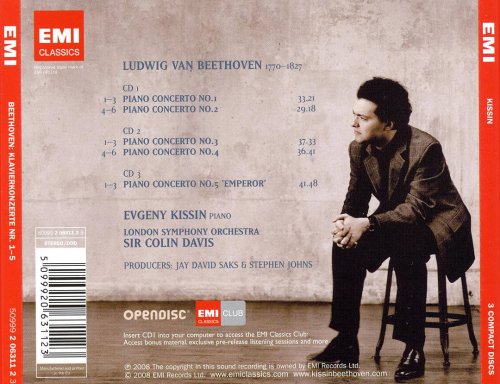
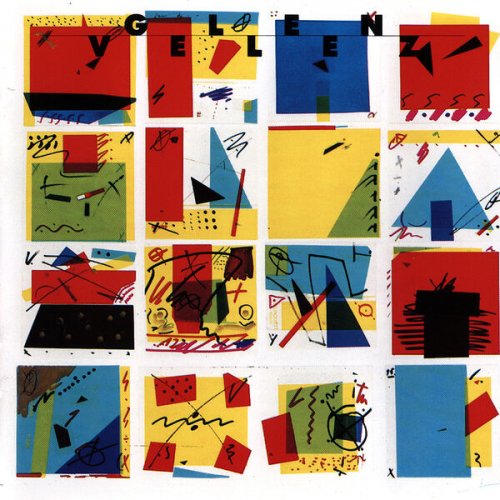
![Kaidi Tatham - Miles Away (2025) [Hi-Res] Kaidi Tatham - Miles Away (2025) [Hi-Res]](https://www.dibpic.com/uploads/posts/2026-01/1767536832_a2560084361_10.jpg)
